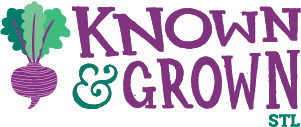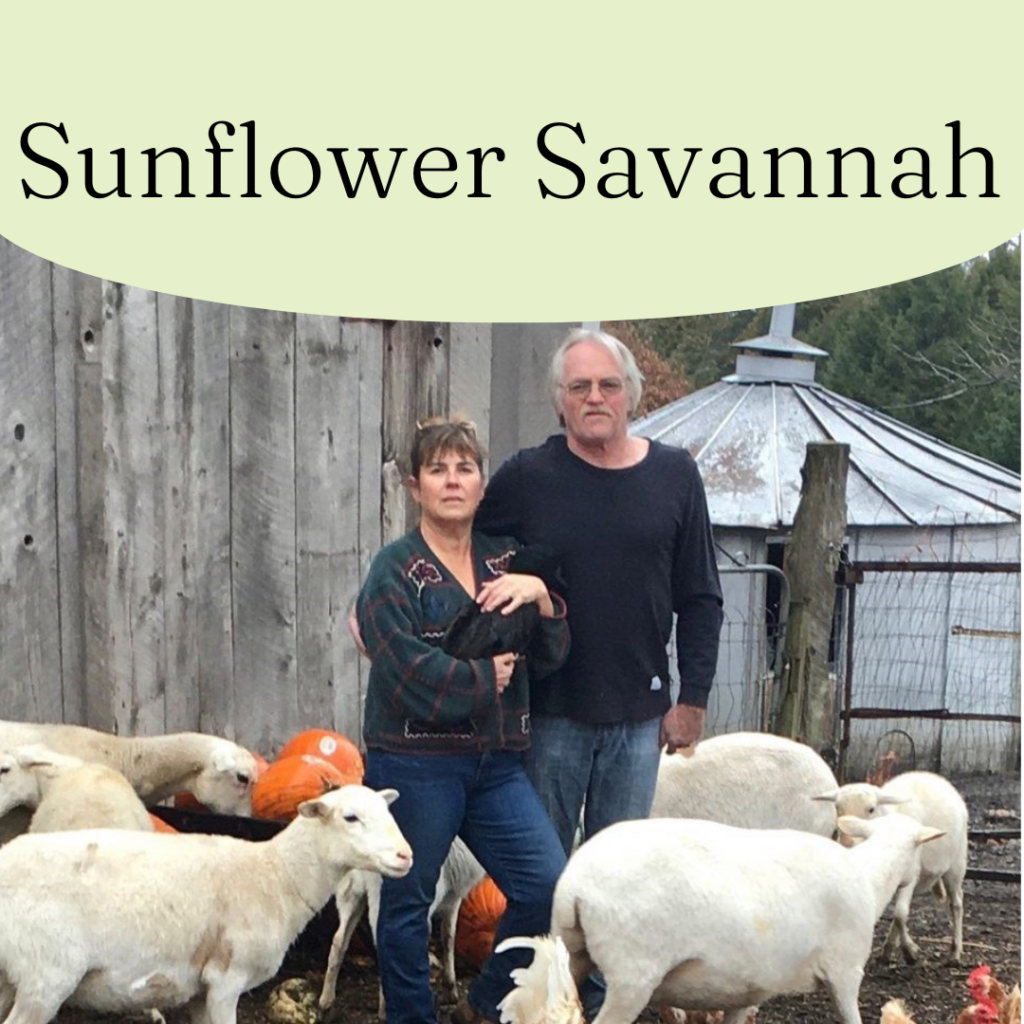
“We are a Certified Naturally Grown farm that grows livestock, cut flowers, specialty vegetables, eggs, and value added products.“
Here at Sunflower Savannah, we believe in the continuity of life. Everything serves a purpose and contributes to the well-being of the farm. The sheep eat the grass that choke our fields. Without this, fuel would be burned in our tractor to cut the grass. In return they provide compost to grow our gardens. The garden provides plant life to support the Market, the animals and ourselves. Our dogs guard the animals or the house and while the cats bring us comfort, they are also the destroyers of vermin that ruin the grain and seeds for the garden. The chickens, ducks, and geese eat the insects that eat the plants that feed them and ourselves. In turn they provide eggs to eat and compost to feed the garden…and this is the House that Sam and Bill have built.
We are a Slow Food Farm that raises Slow Food Ark of Taste items like Cayuga ducks, fruit trees, and garlic ramps. We also grow over 40 varieties of heirloom tomatoes – these are all thanks in part to grants from Slow Food.
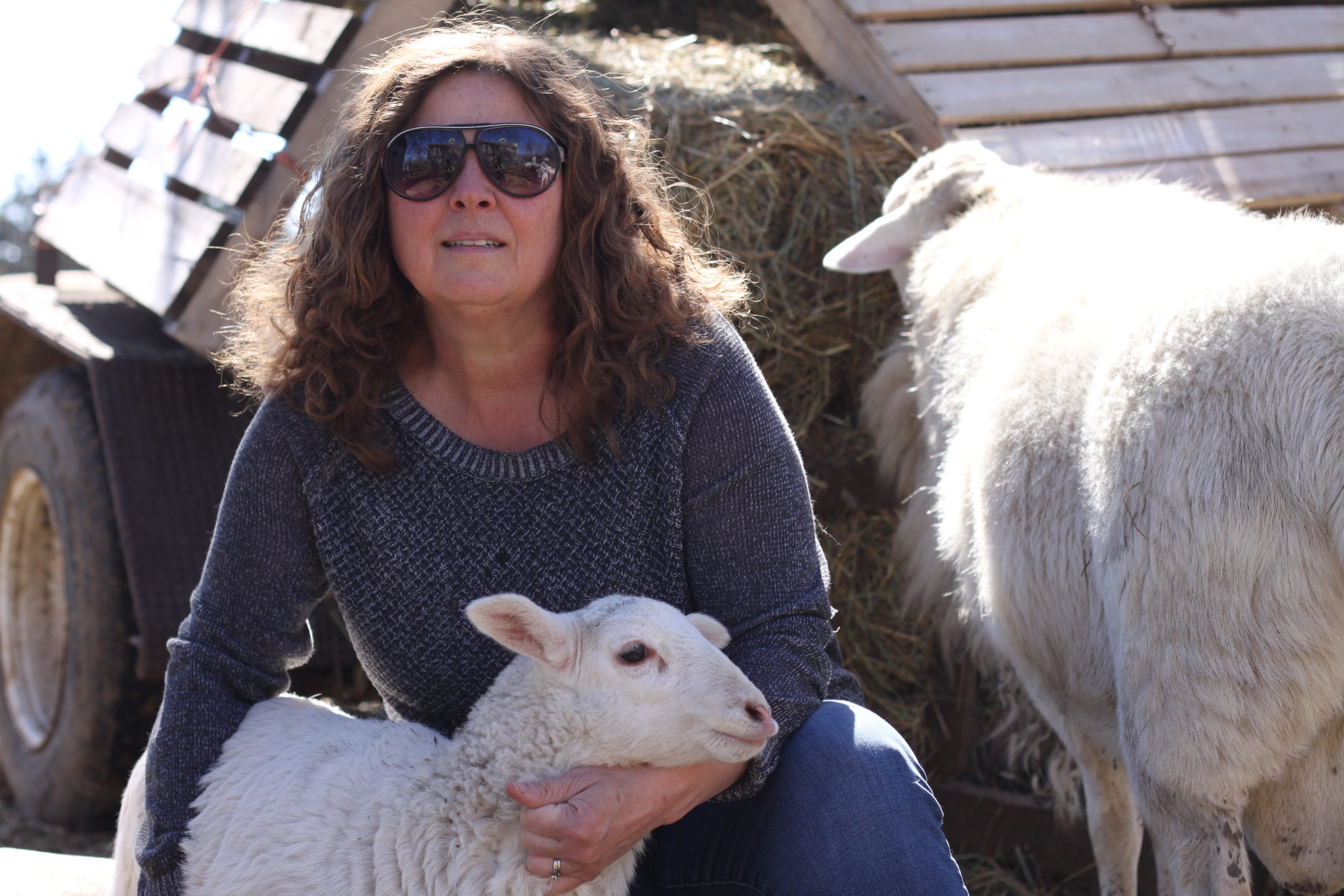
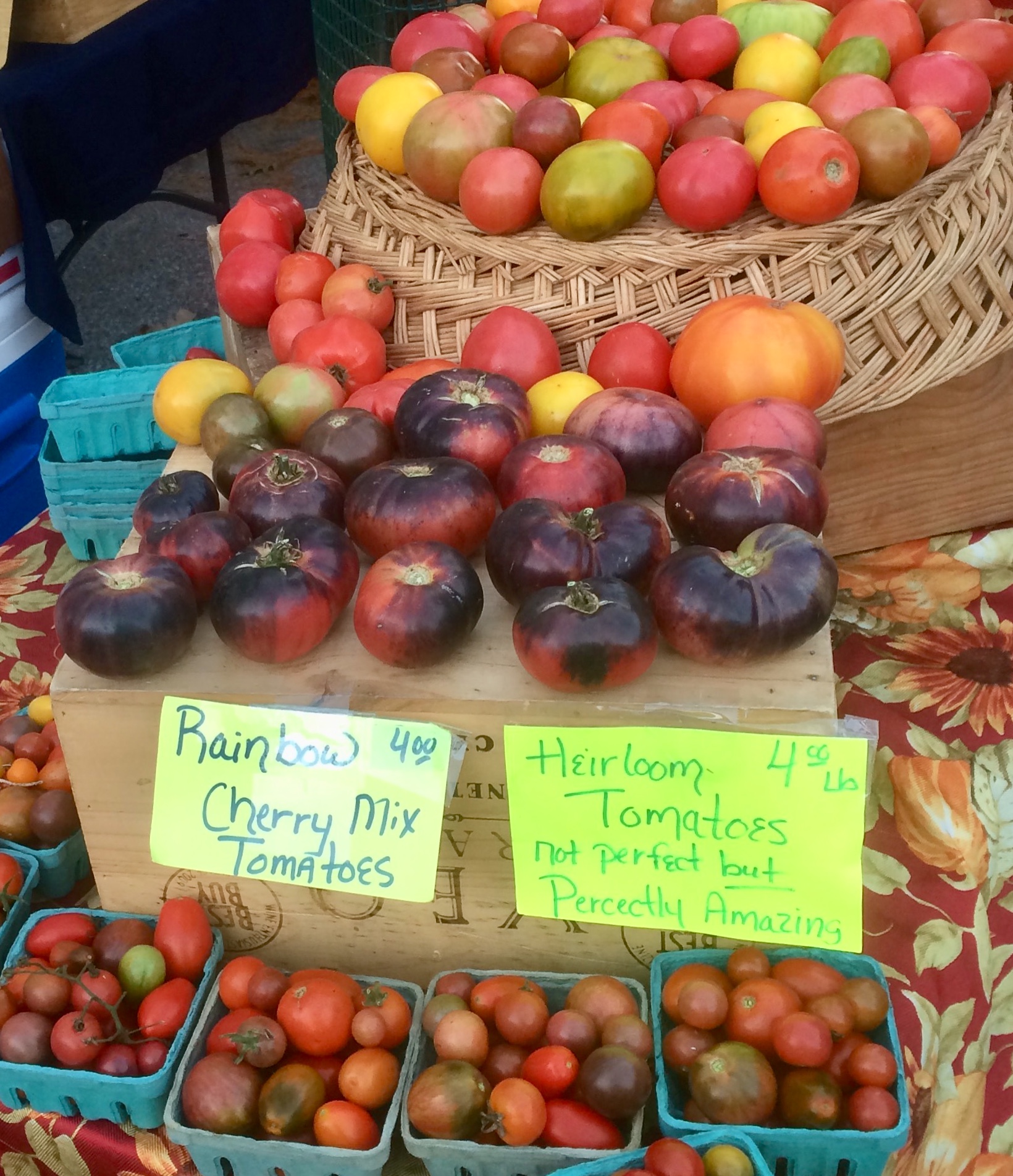
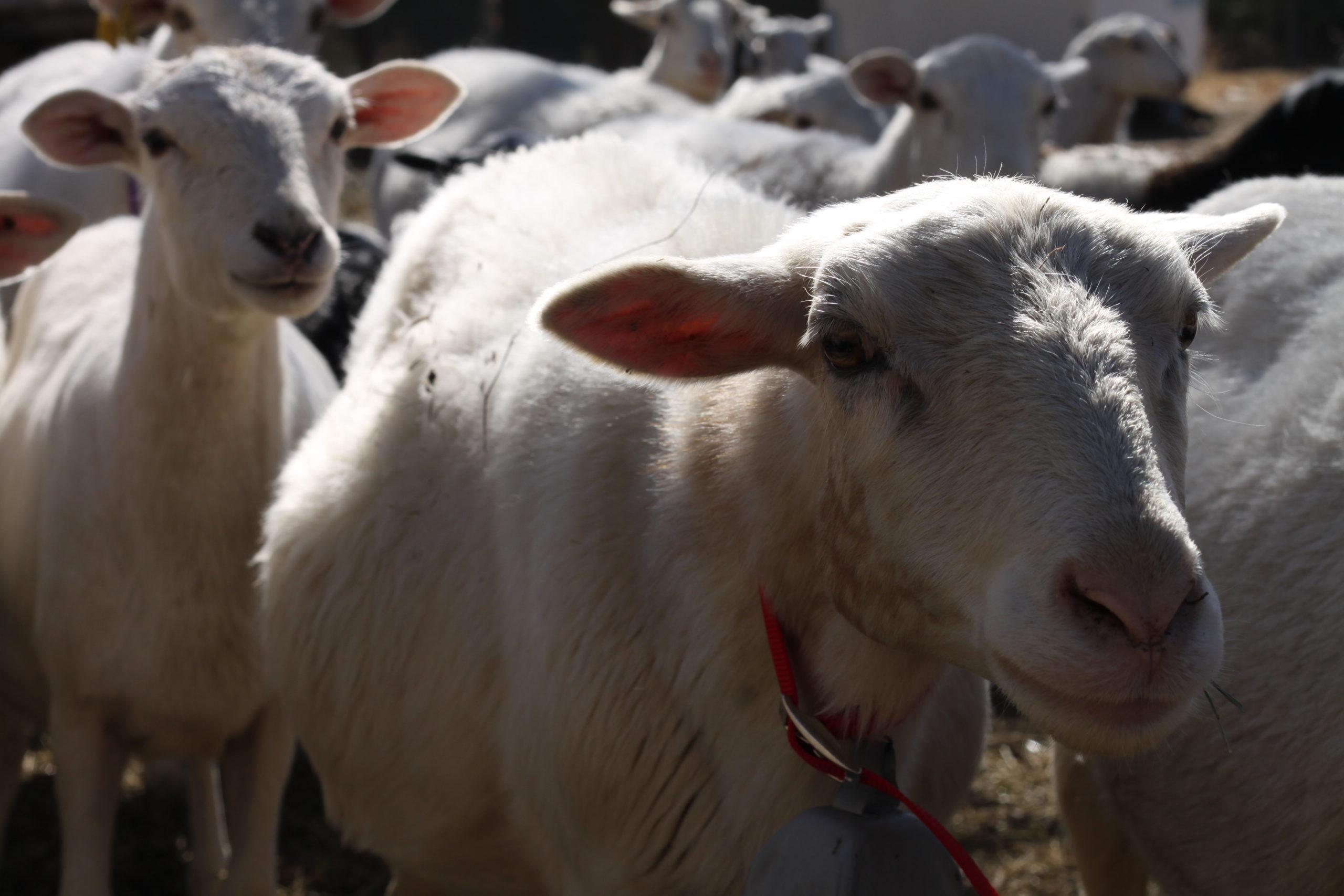
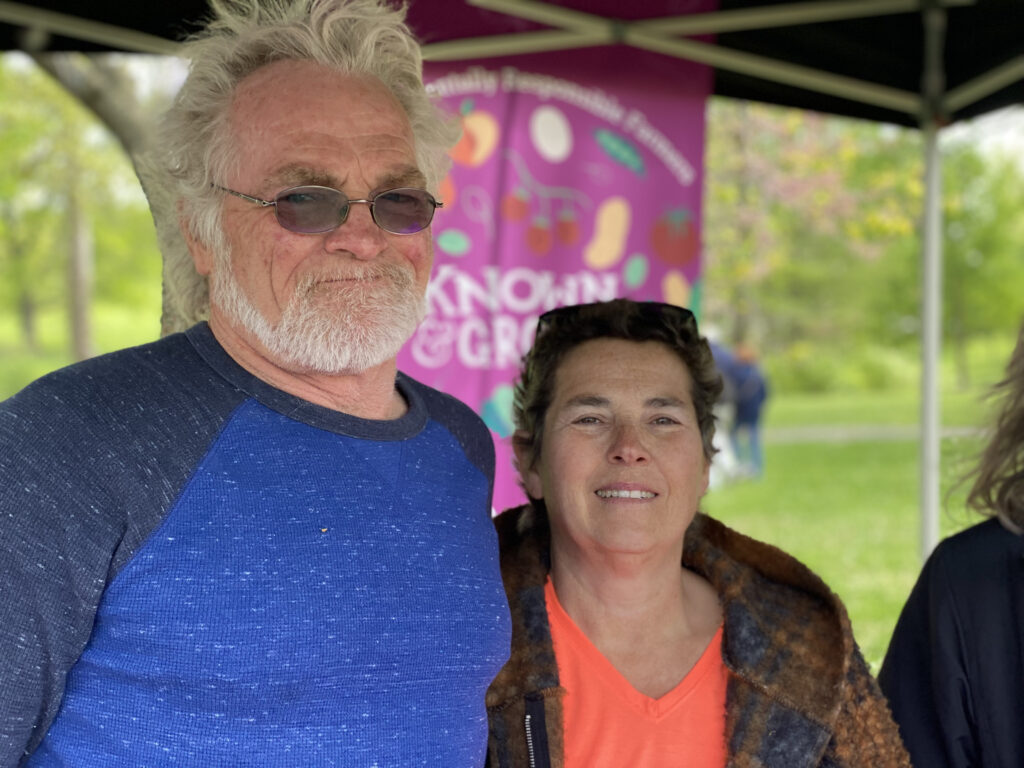
Visit our Farm!
Location
Beaufort, Mo 63013
Visiting Hours
Farm tours and volunteer shifts are available – schedule one by emailing sam@sunflowersavannah.com
Shop with us.
Center Cross Dr, St. Louis, MO 63116
Saturdays 8am–12pm
Contact us.
Sam Wiseman
sam@sunflowersavannah.com
573-484-3396

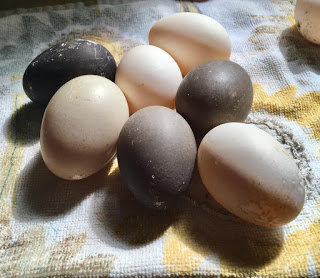
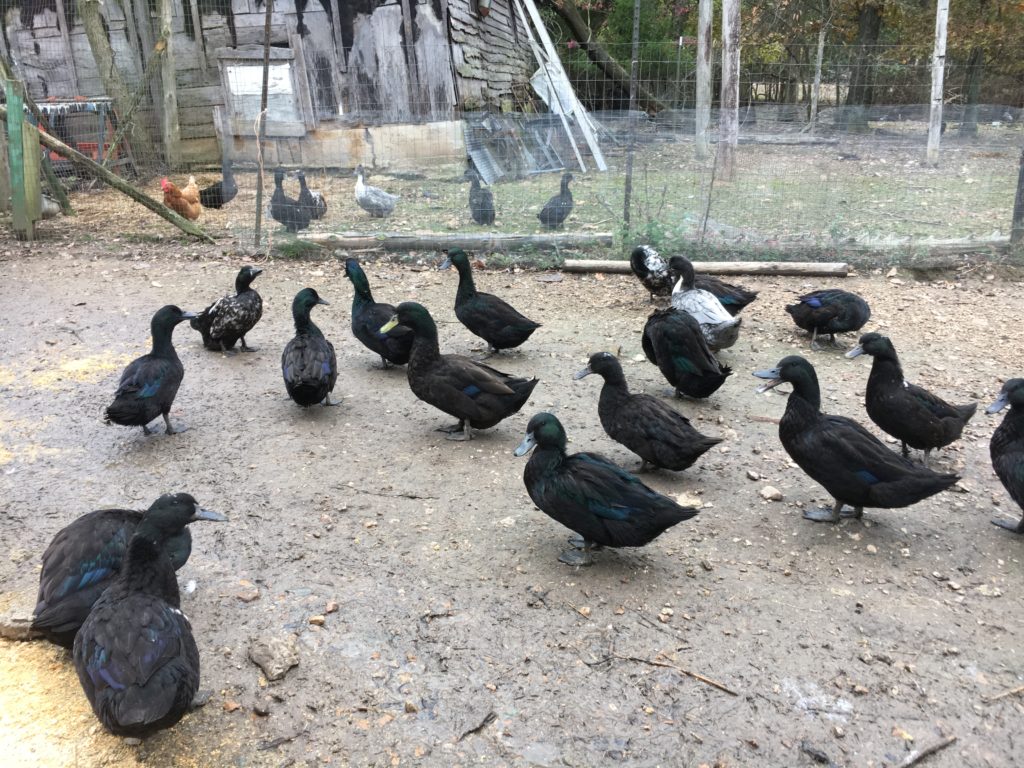
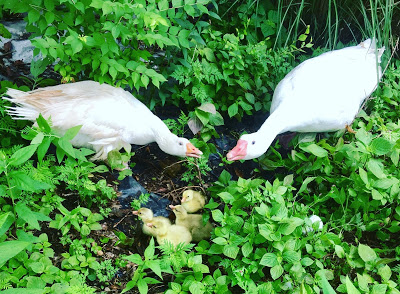
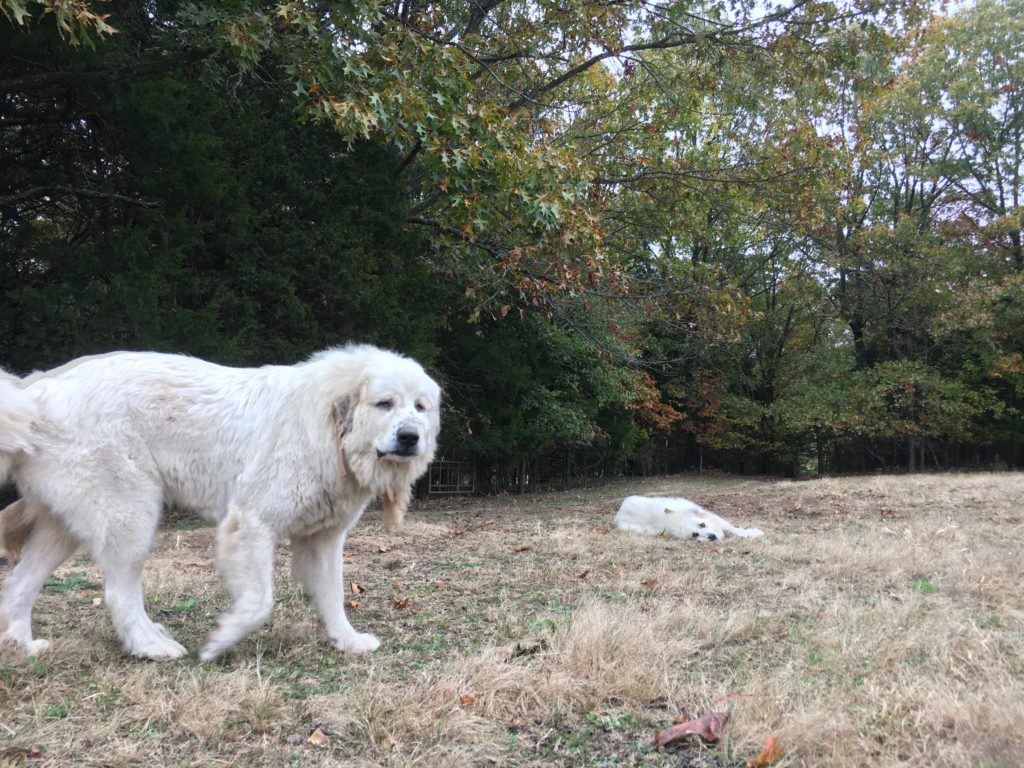
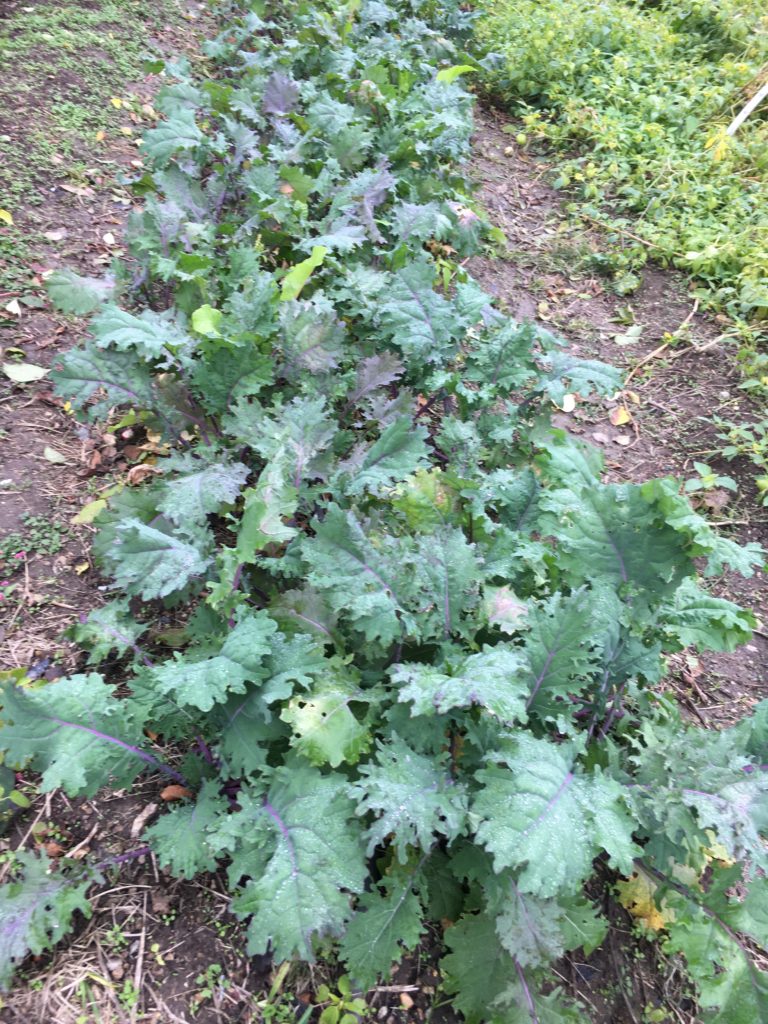
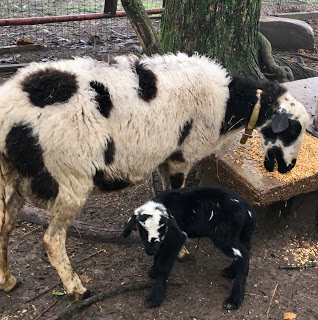
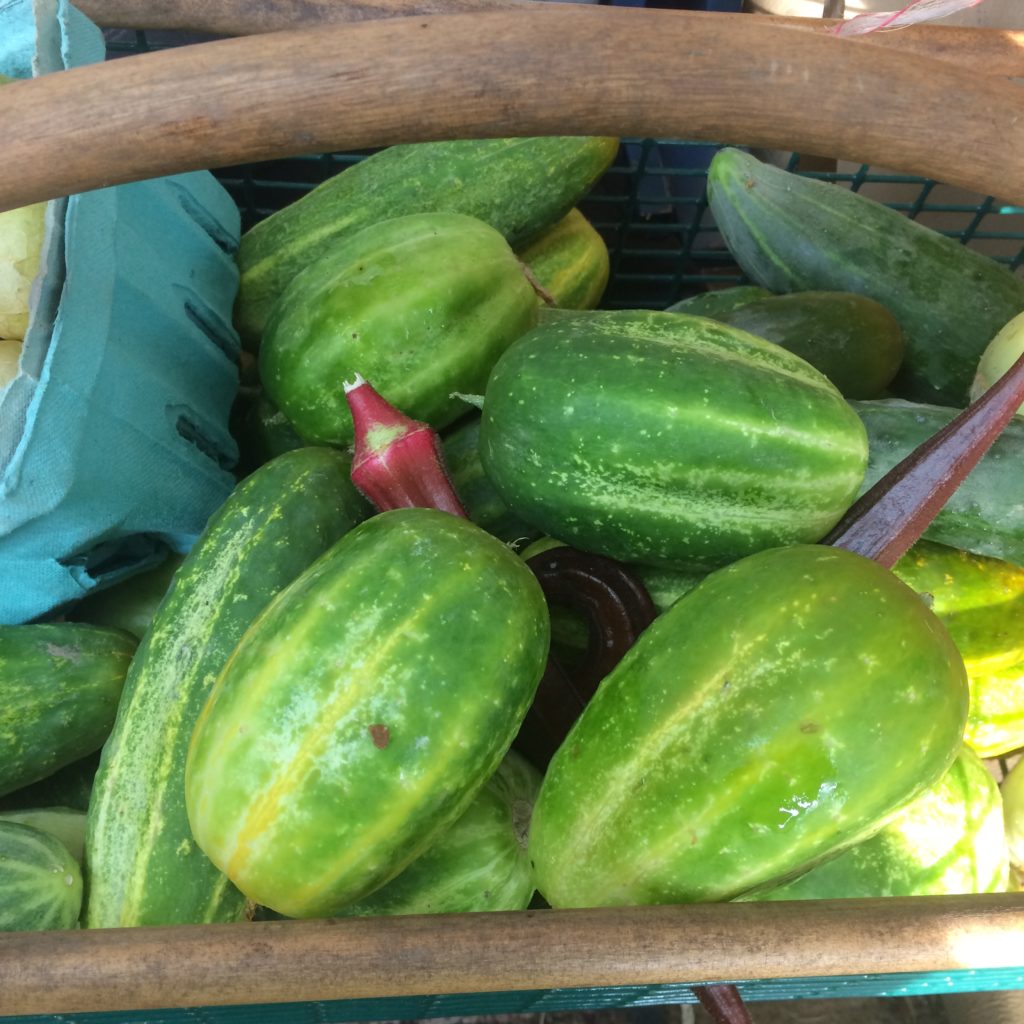
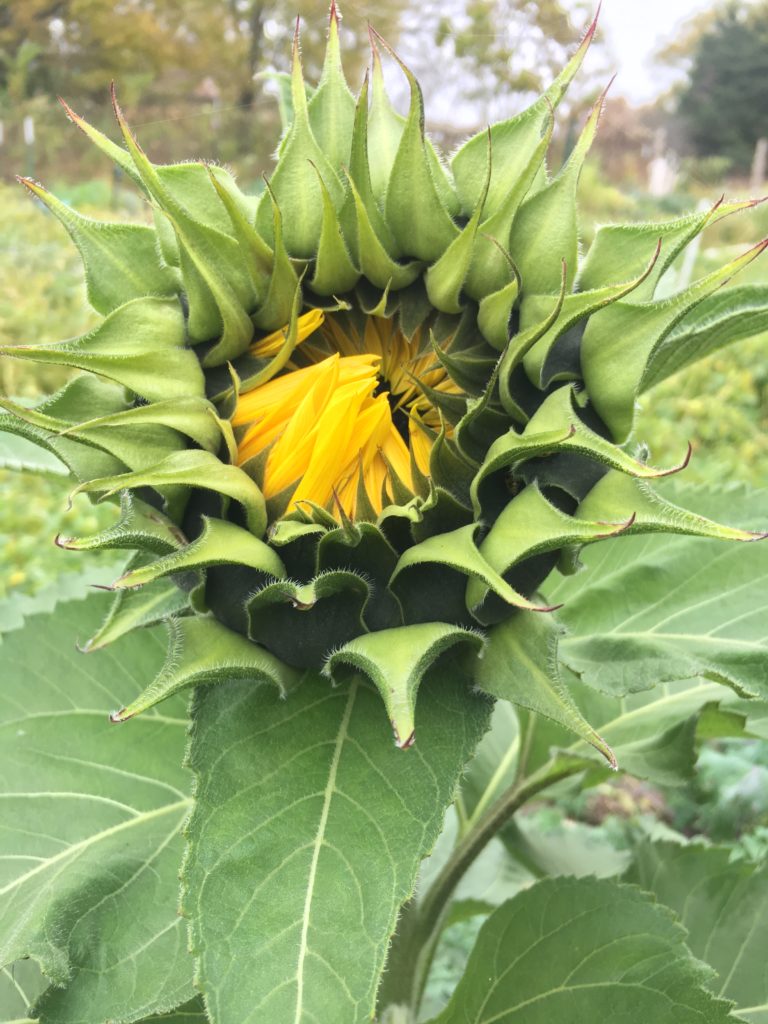
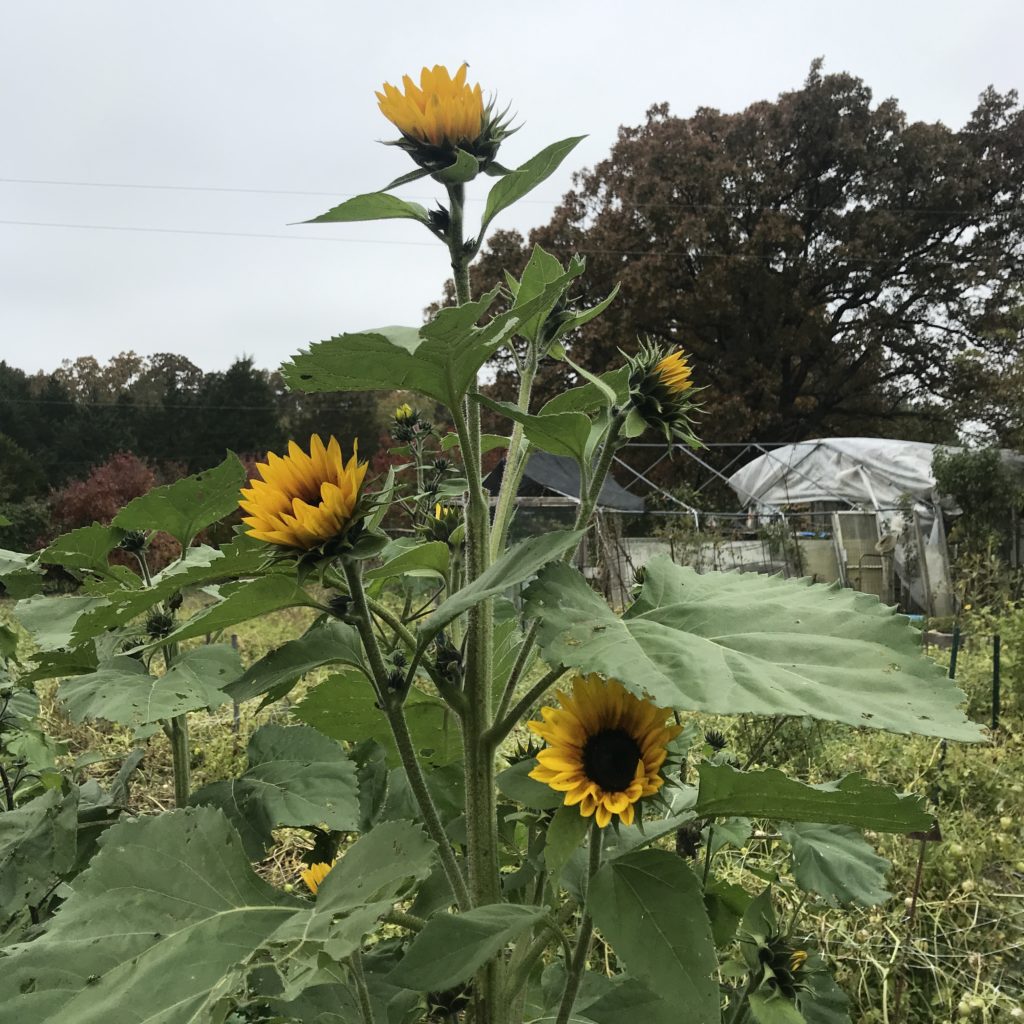
More about our Farm
Farm Size
22 acres
Herd/Flock Size
- 28 -45 sheep, depending on lambing season
- 50 chickens
- 45 ducks
Products
- Eggs (chicken, duck)
- Cayuga Duck
- Lamb
- Veggies
- Heirloom tomatoes
- Heirloom garlic
- Heirloom apples
- Herbs
- Ramps
- Cut flowers
- Vegetable plants
Animal Feed
Sheep: pasture forage supplemented with hay and produce
Ducks and Chickens: pasture forage supplemented with non-GMO feed.
Rotation
- Sheep: rotated every 20 days to decrease chance of parasite load
- Fowl: open access with shelter provided at night
Conservation Practices
- Crop rotation
- No-till
- Drip irrigation
- Integrated pest management
- Pollinator habitat
- Grazing management plan
Additional Practices

- Certified Naturally Grown
- Organic, non-GMO, and heirloom seeds
- Non-GMO animal feed
- Heritage breed sheep and ducks

- Slow Food grant recipient
